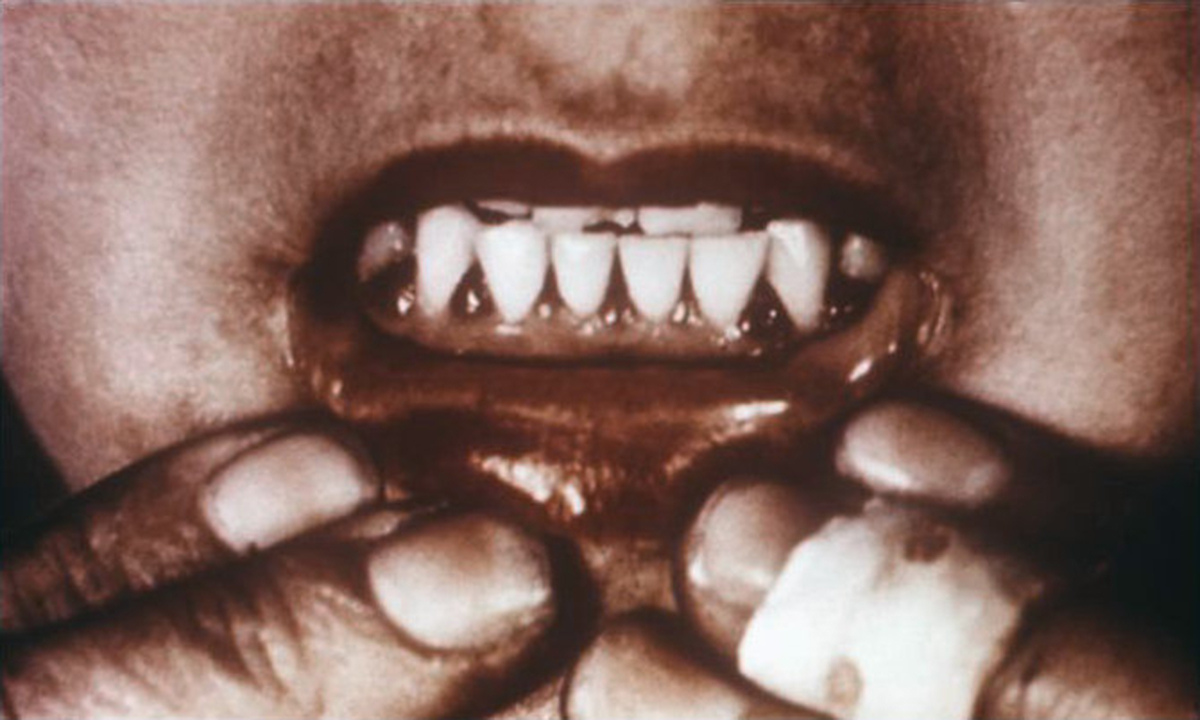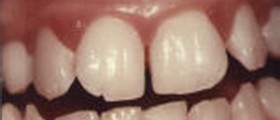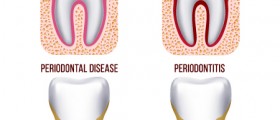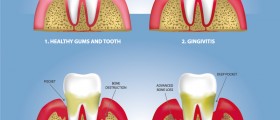
Gum diseases are a widespread health problem that affects nearly 80% of adult population in the U.S. The gum is the soft tissue that surrounds the base of the teeth. Tooth infections are frequently responsible for gum diseases but the leading cause is inadequate oral hygiene. Gum diseases symptoms can range from minor problems such as bad breath to severe problems like intense pain and loss of teeth. Sores on gums are common manifestation of different types of gum disease.
Symptoms of Gum SoresAn infection responsible for gum sores can cause the sores to spread to the internal parts of the mouth and even to the lips. This is because the teeth, gums and mouth are directly connected. Sores on the gums are usually accompanied by swelling in the gums as well as swelling and redness in the mouth. Blood in the mouth as well as small ulcers on the gums are typically present too. In severe cases of sores on the gums, an affected person may experience pain in the mouth that extends to the throat. This may cause difficulty in swallowing. Also, mucus may develop in the mouth.
Causes of Gum SoresDental Tissue Neoplasm
Different malignant tumors that originate in the tissues involved in growth of the teeth are known as dental tissue neoplasm. Dental tissue neoplasm is commonly accompanied by sores on the gums.
Gingivitis
Gingivitis is a very common gum disease. It is characterized by inflammation of the gums. This gum disease results out of bacterial infection caused by poor oral hygiene. Symptoms of gingivitis are soft, swollen, tender and receding gums. Progressed gingivitis can cause bleeding and inflammation of the gums as well as gum sores.
Gum CancerCancer of the gum, also known as gingival cancer, also causes formation of the sores on the gum. Gum cancer is often caused by an infection of the gums. Smoking and tobacco chewing increases the risk of oral cancer that causes gum sores.
Periodontitis
Periodontitis is a severe form of gingivitis and usually develops when gingivitis is left untreated. It causes tooth loss and increases the risk of serious medical conditions like stroke and heart attack. One of the periodontitis symptoms is painful sores on the gums. Other symptoms include swollen, tender and receding gums and bad breath.
Treatment for Gum SoresGum sores can be easily prevented by proper oral hygiene. Regular brushing and flossing helps to remove food particles, prevent formation of the plaque and avoid gum diseases. The treatment of gum sores generally involves lifestyle and dietary changes. An affected person must restrain from alcohol consumption. It is also important to avoid acidic foods, coffee and tea because of their negative effect on the teeth and gums. If these measures do not help relieve the symptoms, a dentist must identify the cause of gum sores and determine further treatment.







_f_280x120.jpg)


,-Don't-Ignore-Receding-Gums_f_280x120.jpg)






Your thoughts on this
Loading...